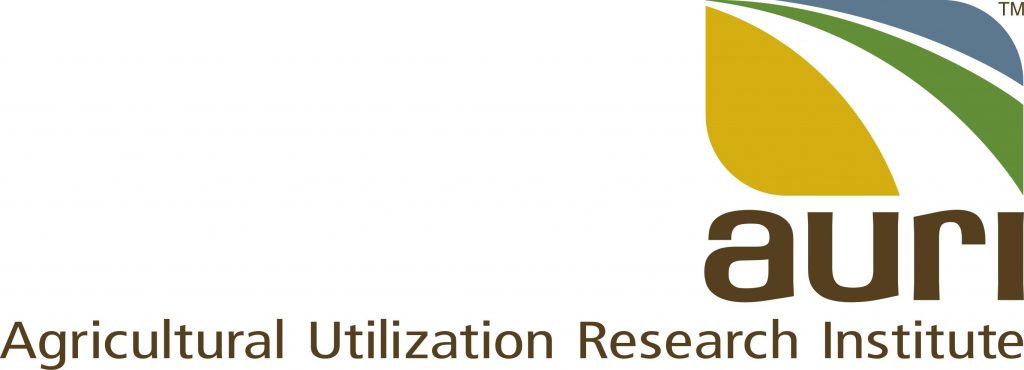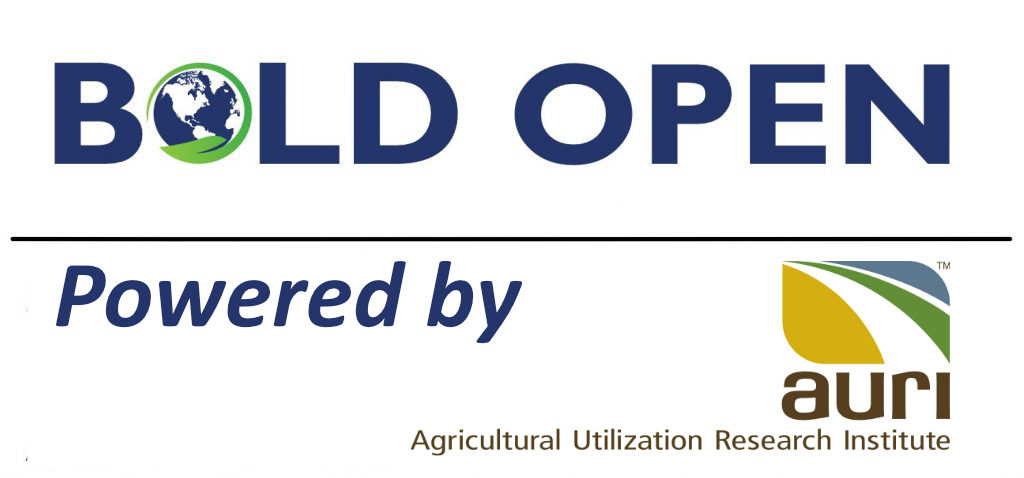
Recovery of nutrients from
agricultural-derived waste streams
Open Innovation Challenge:
The Agricultural Utilization Research Institute (AURI) seeks innovative technologies to recover plant nutrients (particularly nitrogen, phosphorus, and potassium or NPK) from waste and process streams in agricultural operations and agricultural commodity processing facilities. Examples of such streams are – but are not limited to – manures, effluent from anaerobic digesters (digestate), stillage, soapstock, molasses, and others. The proposed process technologies should be able to be economically integrated into existing facilities and produce a usable and ideally marketable nutrient-rich concentrate. In addition, such concentrate should be compatible with current fertilizer application techniques and have high chemical stability to ensure low or no losses if stored and concentrated enough to be economically stored and transported. Compatibility with existing synthetic fertilizers is desirable. Ideally, these processes will be energy efficient and not significantly impact the facility’s water and air emissions, including greenhouse gas emissions. Successful submission will provide adequate mass and energy balance for the proposed operations.
Reason for Seeking External Innovation Partnership:
Synthetic fertilizers are significant inputs in agriculture. At the same time, in the last year, synthetic fertilizers have been subject to considerable price volatility and supply chain disruptions. Better recycling of locally available nutrients can address both environmental and economic vulnerabilities associated with synthetic fertilizer. At the same time, many studies have indicated that much of the plant nutrients contained in ag waste and process streams are underused or lost. Synthetic fertilizers are and will remain an essential input into agriculture. Yet, more efficient nutrient recycling and recovery could economically benefit the farming industry and rural businesses while contributing to reducing the environmental footprint of agricultural production. Partnering with existing practitioners and researchers in this field will allow better integration and scaling of the proposed technologies with existing systems and processes.
Scope of Solution Space:
AURI is interested in possible solutions across the entire development space, from conceptual and proof of concept to commercial or near-commercial solutions. We require a minimum theoretical but sound mass and energy balances for early-stage solutions and a description of the fundamental physical and chemical processes involved. A more detailed techno-economic analysis is desirable for process technology past the proof of concept and closer to commercialization or already commercialized. Process technologies of interest do not need to be already deployed or considered for deployment in the agricultural and agricultural commodities processing scheme. While the whole plant nutrients space (NPK and micronutrients) is of interest, relevant technologies may address only one or a subset of the nutrient space. Process technologies which may also include effective separation of nutrients, are of particular interest.
Company Background:
The AURI mission is to foster long-term economic benefit through value-added agricultural products. It accomplishes this by using applied research to help develop and commercialize new uses for agricultural products. It partners with businesses and entrepreneurs to generate economic impact in Minnesota communities by helping agricultural producers and related businesses take advantage of innovative opportunities in four focus areas: biobased products, renewable energy, coproducts, and food. AURI provides a broad range of services, including applied research and development, scientific assistance, and a targeted network of resources to develop value-added uses for crops, derived products and coproducts.
